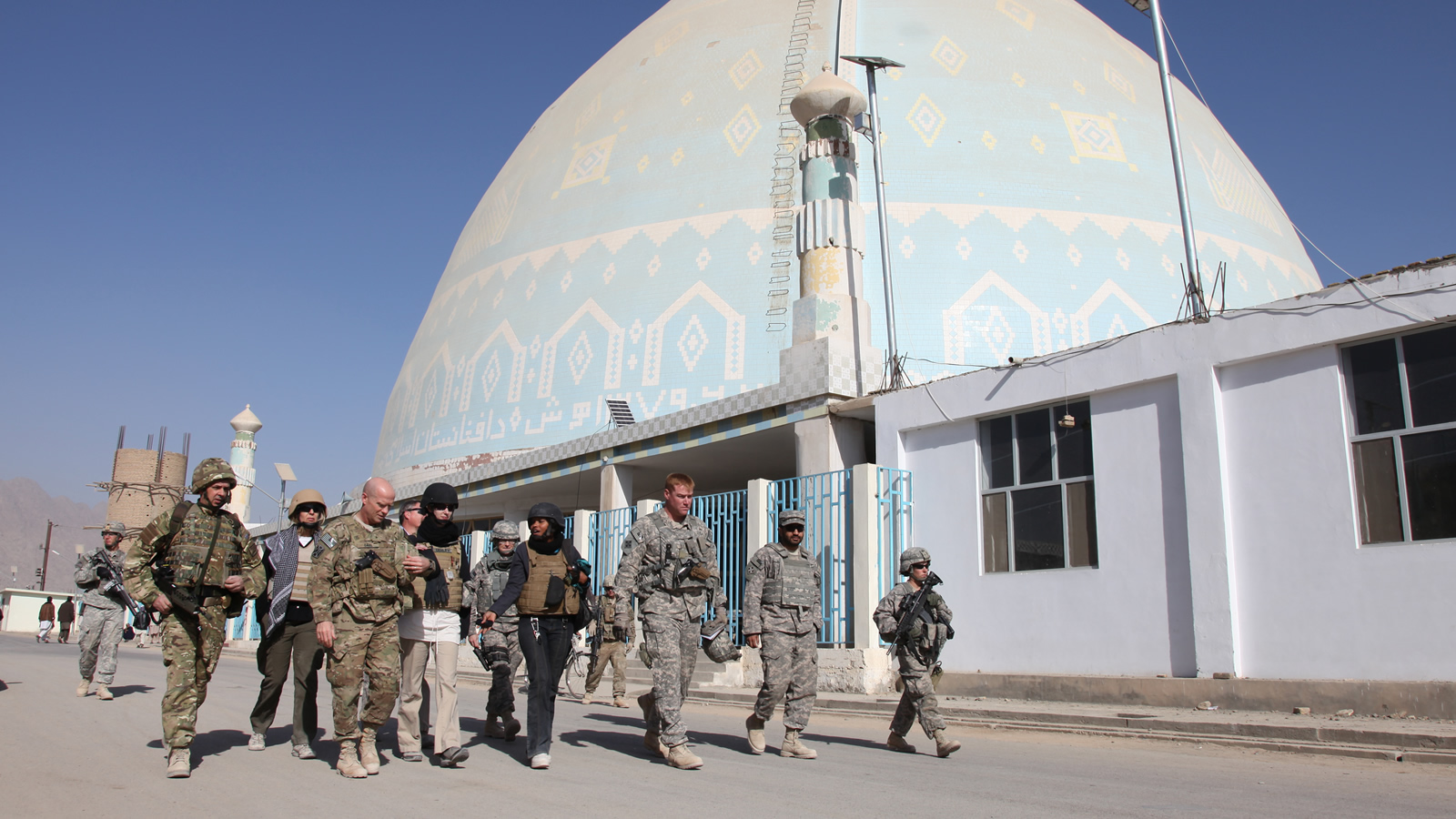Religion and Security in World Affairs Workshop

Wednesday, May 7- 8, 2014
Religion and security considerations intersect in multiple, complex ways across the globe and are thus consequential for government policy, strategy, and engagement. Workshop participants explored the multi-dimensional context of religion on the world stage, including its role in the phases of conflict, terrorism, peace operations, and development. An enhanced perspective on these factors will inform what has largely been a neglected area in U.S. national security policy: how stakeholders can understand and address urgent contemporary security challenges with religious implications. The speakers, largely drawn from the Washington, D.C. policy community, included academics, specialists, and individuals with a wide range of government and security expertise. This workshop was an opportunity to better understand religion as a set of factors that cannot be ignored in international security and to overcome resistance to engaging this sensitive topic in foreign policy conversations.


